Rapid heart rate
If you suddenly feel like your heart is racing and sometimes skipping beats, you may have an arrhythmia. Usually, this is harmless and can be caused by stress, too much caffeine, or hormonal changes.
However, if your heart rate becomes very fast and irregular, it's time to see a cardiologist.
If you experience this condition along with a feeling of lightheadedness and fainting, call 115 for emergency assistance.
Chest pain
Angina is a term used to describe pain or discomfort in the chest area that occurs when the coronary arteries do not supply enough blood to the heart, usually due to atherosclerotic plaques in the blood vessel walls. These plaques narrow the arteries and limit the blood supply to the heart, especially during exertion.
There are many causes of chest pain and most of them are related to heart or lung problems. Angina is a typical warning symptom of coronary artery disease, 90% of chest pain is due to coronary artery stenosis. When the atherosclerosis process lasts for many years with the accumulation of plaque in the lumen of the blood vessels, the blood vessel wall thickens, hardens, loses elasticity and reduces blood flow to the heart muscle. At this time, the heart is forced to work in an oxygen-deficient environment, thereby causing angina.
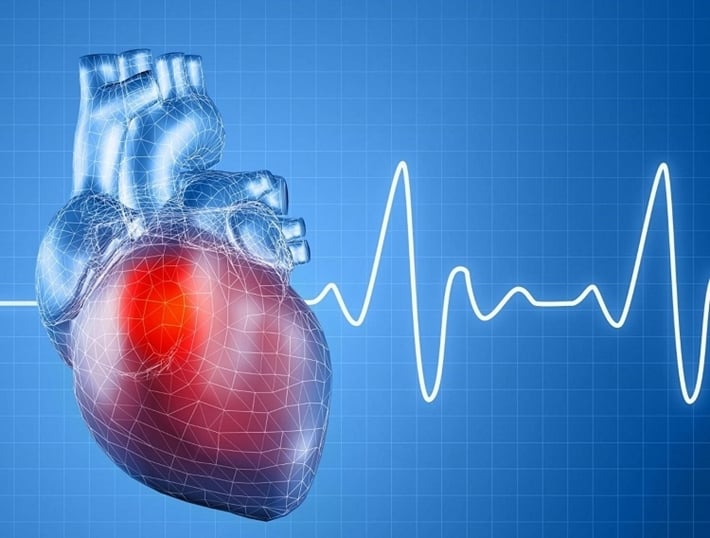
If you suddenly feel your heart beating fast and sometimes skipping beats, you may have an arrhythmia.
Angina can be a vague, barely noticeable pain or it can become a severe pain like a great pressure on the chest. The pain can radiate to the back, neck, left shoulder, even the arm. Sometimes, some people also feel full and have indigestion.
On the other hand, the pain may appear with symptoms of sweating, nausea, fainting, dizziness and shortness of breath. In addition, the symptoms of angina also depend on the type the patient is suffering from. Recognizing the types of angina will help the patient not miss the "golden time" to effectively treat the pain.
Angina becomes dangerous and requires emergency care when: angina occurs at rest and lasts more than 20 minutes; new but severe angina with CCS (Coronary Artery Syndrome) level 2 or higher (moderate physical activity also causes angina); angina that was previously stable, recently becomes unstable with an increase in frequency and intensity of pain, pain lasts longer, pain starts with less exertion than before.
Stomach ache, indigestion
Stomach pain that feels like indigestion, or a burning pain in the chest or abdomen, can be a warning sign of a heart attack or other cardiovascular problem. However, distinguishing between a heart attack and indigestion is not always easy, because the heart, stomach, and esophagus are located so close together.
If you are unsure about the cause of your abdominal pain, see your doctor for advice and a clear diagnosis.
Arm and back pain
The pain may radiate to other areas of the body such as the arms, jaw, neck or back.
In particular, if the pain radiates down the left arm or into the neck, the possibility that you are having a heart attack is higher. If the pain does not subside, immediately call an ambulance.
Sudden sweating
Sweating in hot weather or after a gym session is completely normal and nothing to worry about. However, if you suddenly start sweating and feel hot and have chest pain, call 115 immediately to request an ambulance, as it could be a sign of a heart attack.
Feeling of choking
Sometimes, angina can cause a feeling of tightness or pain in the throat, often described as a "tightening" or "choking" feeling. If this feeling persists and you have not been diagnosed with a heart problem, schedule an appointment with a cardiologist right away.
If you experience other symptoms of a heart attack such as chest pain or nausea along with a choking feeling, call an ambulance immediately.
Feeling nauseous
Nausea is not usually associated with heart problems. However, if you suddenly feel nauseous along with chest pain, it could be a warning sign of a heart attack.
If nausea is accompanied by mild chest discomfort, consult a cardiologist for a thorough examination.
Conversely, if severe chest pain occurs even when you are resting and is accompanied by nausea, immediately call 115 to request an ambulance.
Constant fatigue
Persistent fatigue can be a sign of many conditions, including heart failure. However, with so many causes of fatigue, pinpointing the exact cause can sometimes be difficult.
If you feel tired but have recently worked long hours or stayed up late repeatedly, the cause may not be heart-related.
However, if you experience extreme fatigue despite a regular, healthy lifestyle, consider talking to your doctor for timely advice.
Summary: Early recognition of warning signs of cardiovascular disease is an important factor in protecting your health. Symptoms such as chest pain, abdominal pain, pain in other parts of the body, and fatigue are not simply "signals" sent by the body, but can also be serious warnings. Therefore, when there are unusual symptoms, you should immediately go to a facility for examination and specific advice.
Source: https://suckhoedoisong.vn/dau-hieu-canh-bao-ban-nen-di-kham-bac-si-tim-mach-ngay-169251114144745782.htm


![[Photo] Prime Minister Pham Minh Chinh meets with representatives of outstanding teachers](https://vphoto.vietnam.vn/thumb/1200x675/vietnam/resource/IMAGE/2025/11/15/1763215934276_dsc-0578-jpg.webp)

![[Photo] Panorama of the 2025 Community Action Awards Final Round](https://vphoto.vietnam.vn/thumb/1200x675/vietnam/resource/IMAGE/2025/11/15/1763206932975_chi-7868-jpg.webp)


![[Photo] General Secretary To Lam receives Vice President of Luxshare-ICT Group (China)](https://vphoto.vietnam.vn/thumb/1200x675/vietnam/resource/IMAGE/2025/11/15/1763211137119_a1-bnd-7809-8939-jpg.webp)


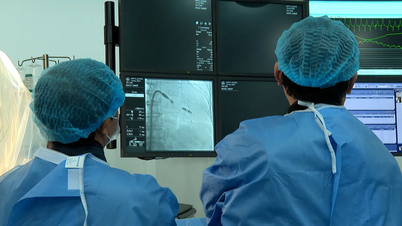





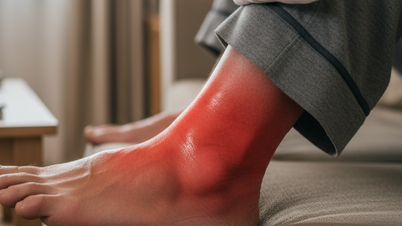


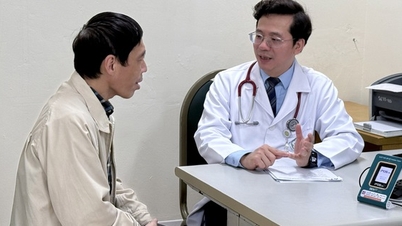
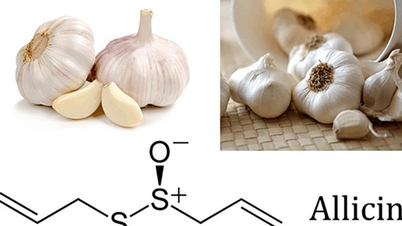































































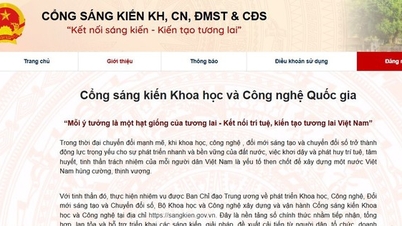






















Comment (0)